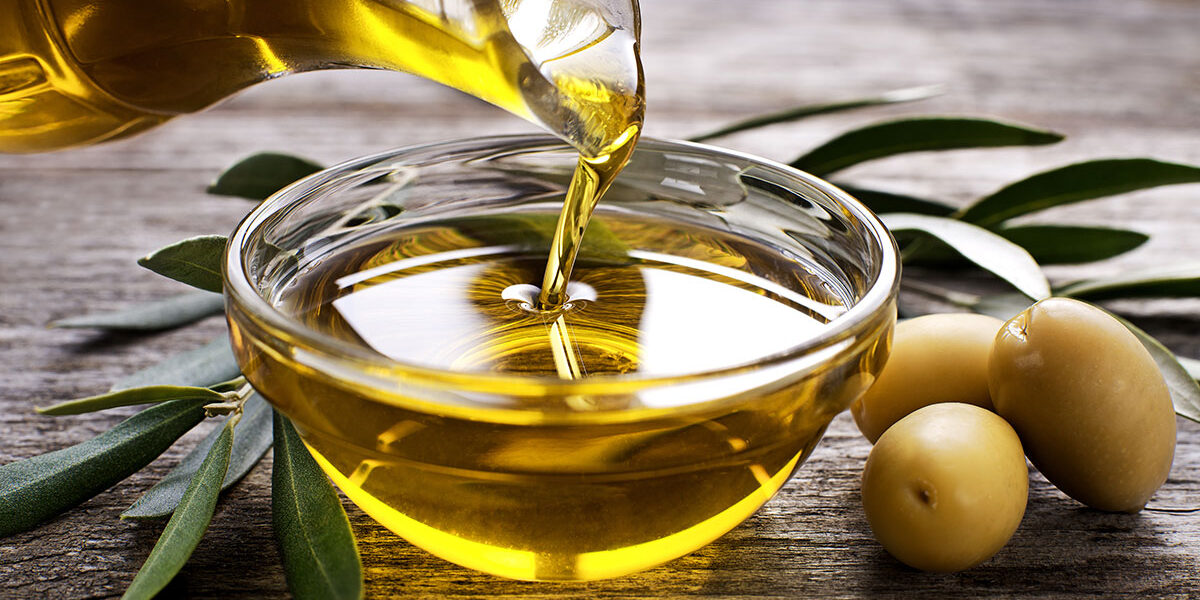Many people have heard that olive oil is beneficial for overall health—including brain health. But there are many things that can lessen the health benefits of your olive oil consumption. Here are 5 rules for getting the most out of olive oil for your brain and body health.
- Always use olive oil labeled “extra virgin”
Oils labeled “virgin” or “light” may have undergone a chemical process that strips away the nutritional benefits, or they might even be blended with other types of less-healthy oils. - Make sure the olive oil is fresh
Olive oil is a perishable product, and when it goes rancid, the brain-healthy antioxidants, omega-3 fatty acids, and polyphenols go right along with it. Check harvest and sell-by dates on the bottles: if you can’t find those, you may want to consider another brand. - Keep an eye on the temperature
For the most health benefits, only use olive oil in raw or low-heat dishes. Above about 350 degrees, the beneficial compounds in olive oil begin to degrade, and at high heats can turn into potentially harmful substances. - Store it correctly
An unopened bottle of olive oil can last for about 2 years if stored in a cool, dark place. Once opened, the 2 main enemies of olive oil are light and heat – so try to store it in a dark bottle and away from heat (meaning, not on the back of your stove or on a windowsill.) Don’t store it in the fridge; it will crystallize and may change the texture. - Check the brand to see if it’s the real deal
Researchers at UC Davis recently found that almost 70% of olive oils labeled “extra virgin” were, in fact, not purely extra virgin olive oil. Unfortunately, it’s not always easy to tell the real from the fake. Among the ones that UC Davis found did not match the extra virgin olive oil standards were Bertolli, Carapelli, Colavita, Filippo Berio, Mazzola, Mezzetta, Newman’s Own, Pompeian, Rachel Ray, Safeway, Star, and Whole Foods. The brands that did meet or exceed the standards were Corto Olive, California Olive Ranch, Kirkland Organic (Costco), Lucero (Ascolano), and McEvoy Ranch. For more on this, you can check out the information from UC Davis.
Want to know more?
- Find brain healthy recipes featuring olive oil and its benefits
- Tom Mueller has written a popular book and New Yorker article about the “real” vs. “fake” olive oil controversy.







